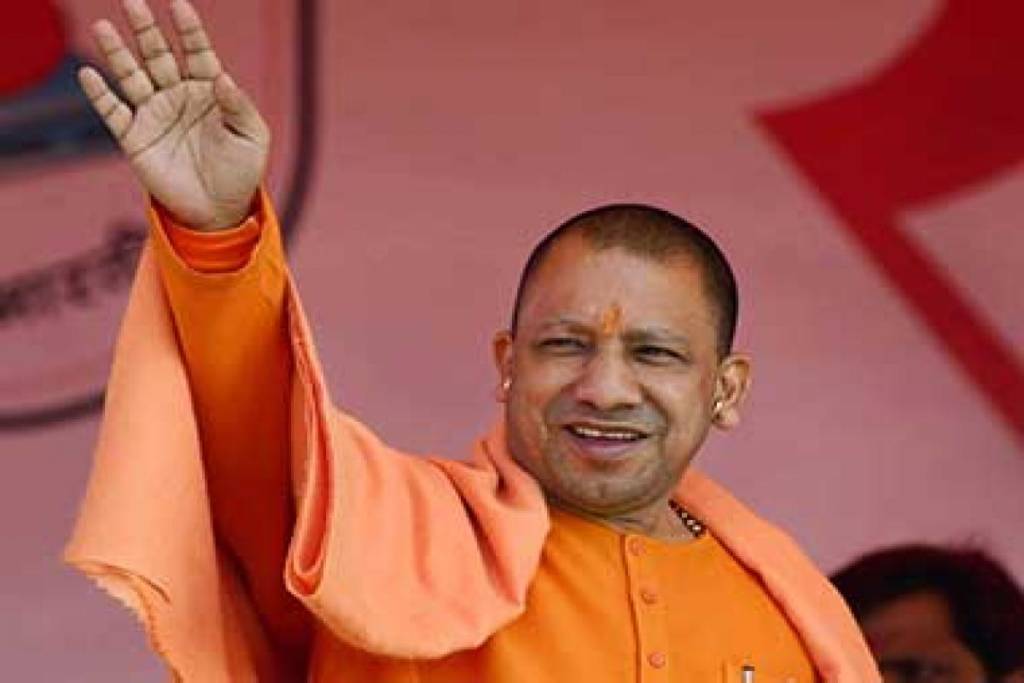A few days ago, TFIPOST published an article on how India is losing to smaller countries like Vietnam in attracting manufacturing units due to the lack of land, labour and obsolete laws.
As companies flee China, Vietnam is taking away the cake India so desperately wishes to have
That article made quite a noise. While many people sympathetic to the ruling regime criticized it; it seems that it has achieved the purpose as the states have started relaxing the labour laws to attract companies. Madhya Pradesh took the lead followed by Uttar Pradesh and Gujarat.
India has 37 central laws and six amendments and there exist various state government laws to regulate labour. The economic discourse in the country has been dominated by the Marxist since independence and therefore ‘labour’ is given priority over ‘capital’.
The successive governments brought different labour laws for different sectors (separate regulatory laws for newspaper employees, journalists, cinema workers) to give a sense of entitlement to certain sectors. There are 1,200 minimum wages related to 429 types of scheduled employments.
These labour laws were a big hurdle to the economic development of the country as the companies feared to be entangled in the complex web of trade unionism and labour laws.
But, the Coronavirus induced pandemic, which forced several companies to move their factories out of China and look for other avenues has given a golden opportunity to various states for attracting manufacturing companies and rolling out the red carpet for the industries- few states like Madhya Pradesh, Uttar Pradesh and Gujarat have given relaxation to the companies (except for the few essential ones like payment of wages) for next few years.
The labour laws were not stringent in Gujarat even earlier but Madhya Pradesh and Uttar Pradesh come as surprise. After 1984 Bhopal Gas tragedy, successive state governments made it impossible for the industries to function to appease people, while Uttar Pradesh had been entangled in the socialist politics of SP and BSP since the 1990s when the rest of the states started capitalizing on economic reforms.
The UP government has shown the most pro-active approach in the last few weeks and this has resulted in ongoing talks with many Korean and American companies over shifting manufacturing units to the state.
38 labour laws of the state have been suspended for the next three years and the ones that now will be applicable are- Section 5 of the Payment of Wages Act, 1936, Workmen Compensation Act, 1932, Bonded Labour System (Abolition) Act, 1976 and the Building and Other Construction Workers Act, 1996.
“In order to boost existing businesses and attract new industrial activity to the state, certain relaxations will have to be given on a temporary basis. That is why an ordinance called the ‘Uttar Pradesh Temporary Exemption from Certain Labor Laws Ordinance, 2020’ has been introduced in this regard,” reads the statement by UP government.
The Labor reforms introduced in Rajasthan under BJP chief minister Vasundhara Raje in 2014 became a model for other states, as the government amended or abolished all laws except the essential ones. The states amended the Industrial Dispute Act, 1947, the Factories Act, 1948, the Contract Labour (Regulation & Abolition) Act, 1970 and the Apprentices Act, 1961 to make labour laws more market-friendly.
The Economic Survey published last year ahead of the Union Budget makes a strong case of labour reforms on the lines of Rajasthan government. “Deregulating labour law restrictions can create significantly more jobs, as seen by the recent changes in Rajasthan when compared to the rest of the states,” reads the third chapter of Economic Survey.
“No major labour reforms were initiated by the states from 2007 to 2014. In 2014, Rajasthan was the first State that introduced labour reforms in the major Acts. Thereafter many States followed on the path of Rajasthan,” it added.
If the government does not want to lose the golden opportunity of the flight of companies from China owing to Coronavirus, then it must fast track the land, labour, capital and judicial reforms from the war room to make sure that the companies fleeing China move to India, not countries like Vietnam, Thailand, and Bangladesh. Madhya Pradesh, Uttar Pradesh and Gujarat have realised it timely.
